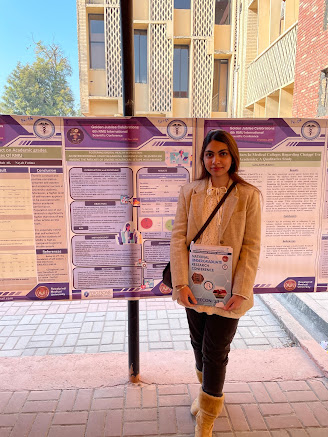Promoting Maternal and Child Heath in Pakistan

Nurturing Tomorrow: Exploring the Impact of Healthcare Systems and National Policies on Maternal and Child Health By Fizza Javed* Infant mortality is one of the indicators by which we can tell about the condition of the people of any country. The infant mortality rate in Pakistan is 55 per thousand live births (1). Ensuring the health and well-being of a mother is the cornerstone of securing a healthy start for her infant. It's a critical link that profoundly impacts the growth, development, and even mortality of the baby. Several key aspects underscore this crucial relationship. Maternal nutrition plays a pivotal role. A mother's well-balanced diet during pregnancy and breastfeeding is more than just sustenance for herself—it's the primary source of vital nutrients that fuel the infant's growth and bolster their immunity. Equally significant are maternal health conditions. Pre-existing ailments or infections in the mother, such as gestational diabetes, hypertension, HI...


